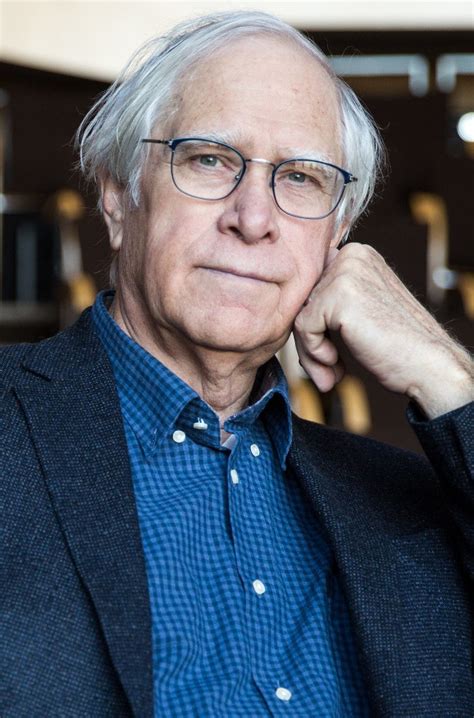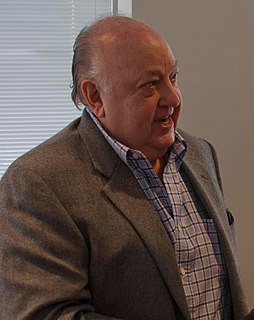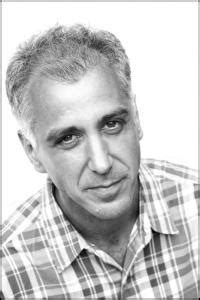A Quote by Glenn Greenwald
A common criticism of establishment journalists entails comparing them to stenographers, on the ground that most of them do little more than mindlessly write down and uncritically repeat what government officials say.
Related Quotes
Donald Trump represents not the lobbyists, not the elected officials, not the establishment types. These are people that have nothing to do with government; they don't work there; they have much taken from them by government. They get very, very little of it back. And that is, I think, a good point in understanding Trump's popularity and who it is that's supporting him.
To oppose the policies of a government does not mean you are against the country or the people that the government supposedly represents. Such opposition should be called what it really is: democracy, or democratic dissent, or having a critical perspective about what your leaders are doing. Either we have the right to democratic dissent and criticism of these policies or we all lie down and let the leader, the Fuhrer, do what is best, while we follow uncritically, and obey whatever he commands. That's just what the Germans did with Hitler, and look where it got them.
The term propaganda rings melodramatic and exaggerated, but a press that—whether from fear, careerism, or conviction—uncritically recites false government claims and reports them as fact, or treats elected officials with a reverence reserved for royalty, cannot be accurately described as engaged in any other function.
They [candidates] say, "I don't want to say anything controversial." And so nobody covers them. Then they blame the journalists, saying "Why don't they write down what I said?" In congressional races, 90 percent of the time the answer is, "Because you are boring and you don't have anything that makes me interested in listening to you. Why the heck should somebody write it down? There's nothing here worth hearing."
Revealingly, the central function of the Constitution as law--the supreme law--was to impose limitations not on the behavior of ordinary citizens but on the federal government. The government, and those who ran it, were not placed outside the law, but expressly targeted by it. Indeed, the Bill of Rights is little more than a description of the lines that the most powerful political officials are barred from crossing, even if they have the power to do so and even when the majority of citizens might wish them to do so.
My answer is that [Donald] Trump would not be permitted to win. Why do I say that? Because he's had every establishment off side; Trump doesn't have one establishment, maybe with the exception of the Evangelicals, if you can call them an establishment, but banks, intelligence [agencies], arms companies... big foreign money ... are all united behind Hillary Clinton, and the media as well, media owners and even journalists themselves.
That was one of the big problems in the [Black Panther] Party. Criticism and self-criticism were not encouraged, and the little that was given often wasn’t taken seriously. Constructive criticism and self-criticism are extremely important for any revolutionary organization. Without them, people tend to drown in their mistakes, not learn from them.































